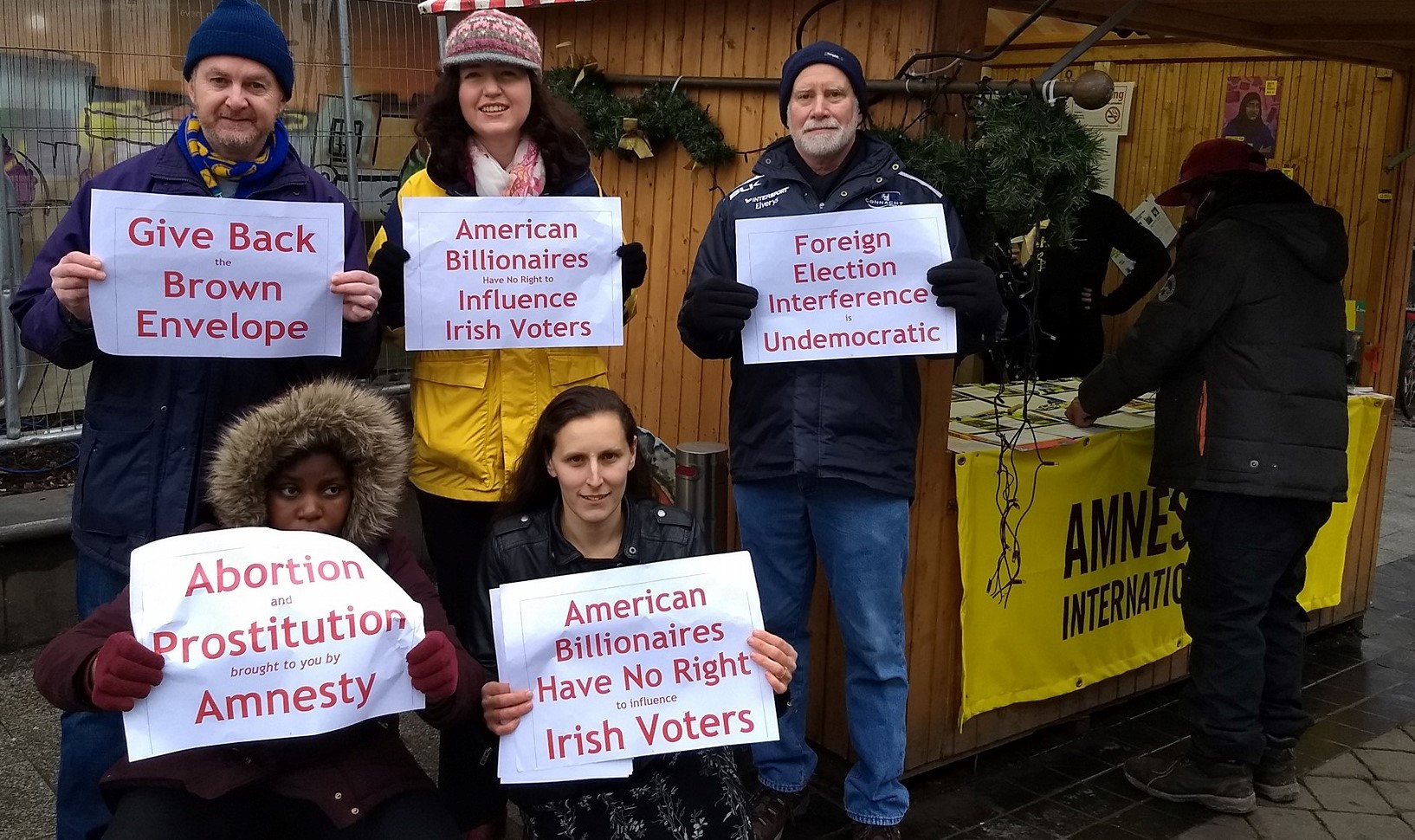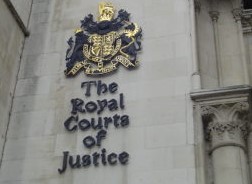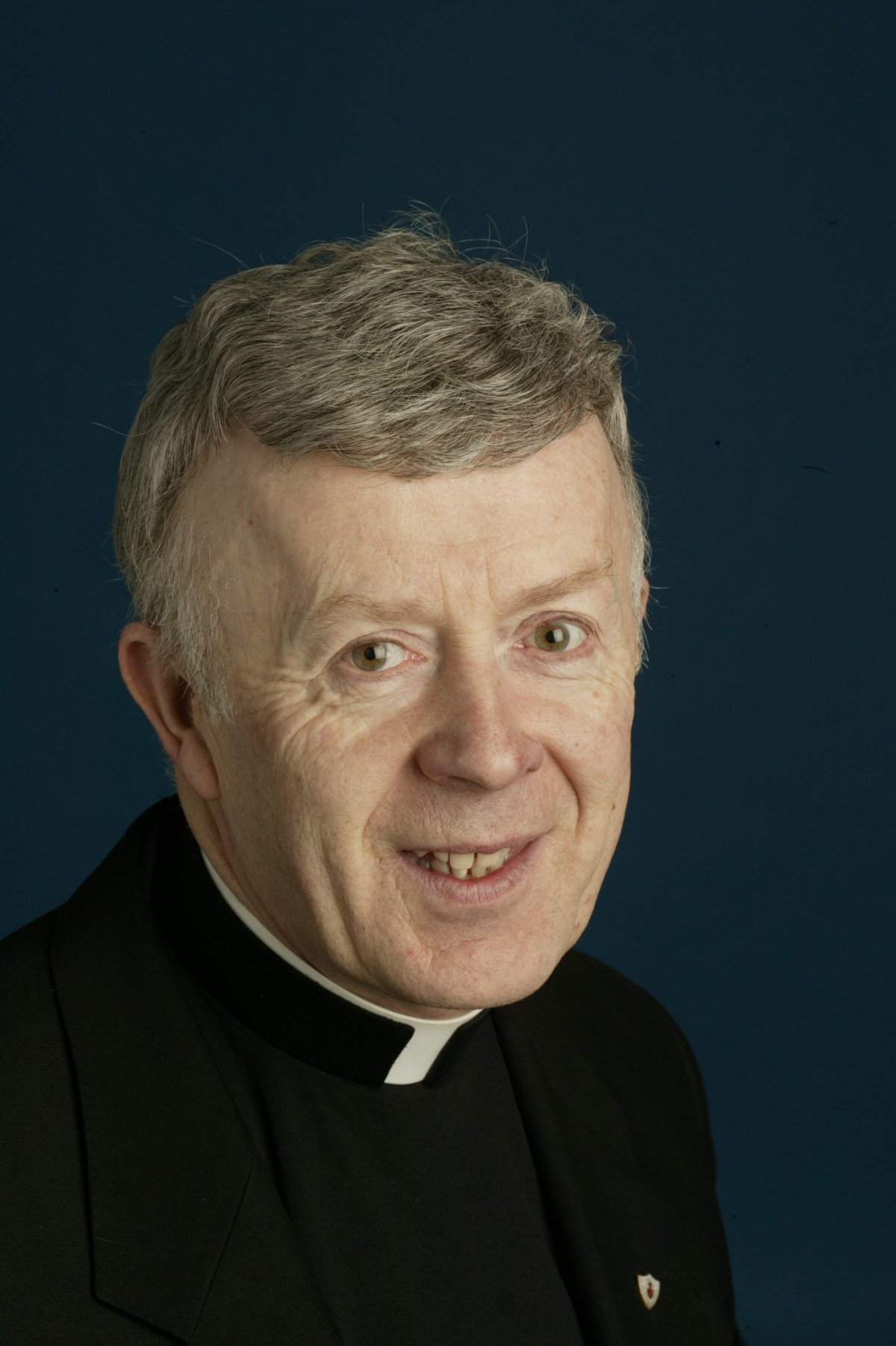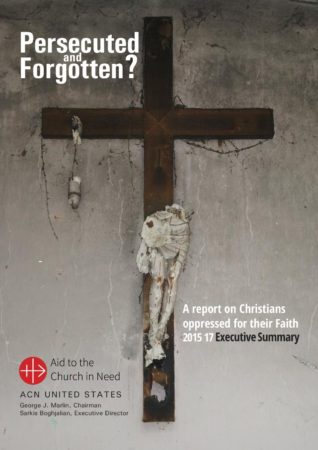As many as 2,000 performers, including a 1,000-strong choir, are to take part in the two-hour Festival of Families at Croke Park in Dublin on August 25th, which will be attended by Pope Francis. Among the Irish and international artists taking part are Nathan Carter, Daniel O’Donnell, the Riverdance Troupe, Celine Byrne, Paddy Moloney of the Chieftains, Moya Brennan of Clannad, and the Priests trio.
Ruán Magan, creative director with Tyrone Productions, which is staging the event, said the pope had “very much asked to sit among the people. He didn’t want to be on the stage.” Instead, the pope will instead sit among those attending on the pitch but on a platform “about 2ft high so people can still see him.
Between 75,000 and 77,000 people are expected to attend the event, with Croke Park’s capacity reduced from more than 82,000 to make room for staging. All tickets for the event are gone but it will be broadcast live on RTÉ2 television as well as on radio.
World Meeting of Families 2018 secretary general Fr Timothy Bartlett said that, as part of the programme, “five families from across the world are chosen to present to the Holy Father the realities, the joys the challenges of family life today”. The families concerned would be from India, Burkino Faso, Ireland, Canada and Iraq. “Pope Francis will address everybody before he departs,” Fr Bartlett said.



















